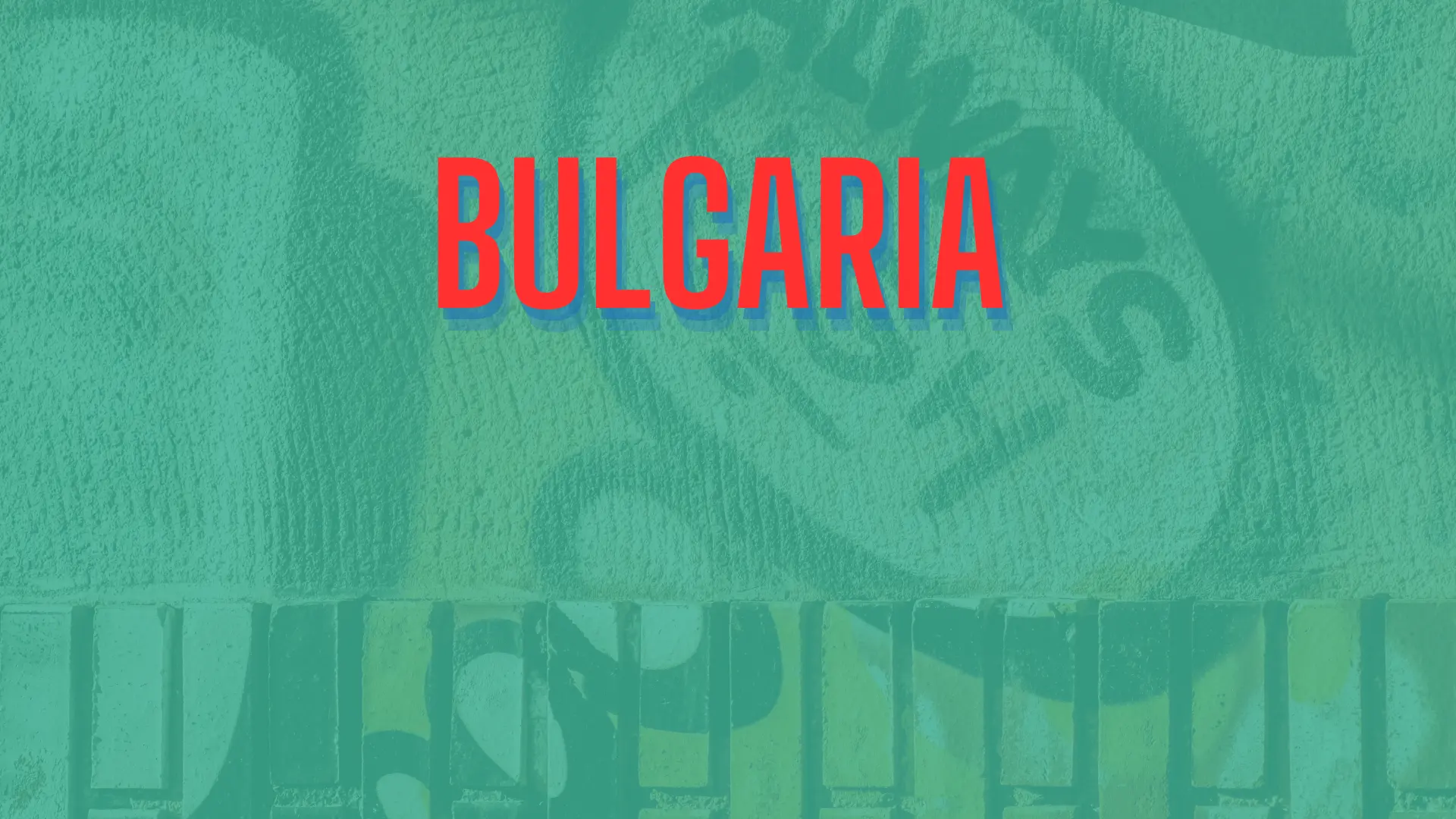A New Level of Brand-Consumer-Society Relationship
The past couple of years have been challenging for the whole world. Now, imagine a small and relatively poor country during the global upheaval, and add a turbulent political situation to the formula. What you get is a confused market that will obviously affect brand communications as well. The advertising industry in Bulgaria has lately been in an unprecedented situation that has resulted in a whole new level of a brand – consumer – society relationship.
Standing up for good causes during the hardest days
As a side-effect of the distressful pandemic conditions of the last two years, many brands from various industries stood up for good causes related to COVID-19. Due to “low health culture”, strong distrust in authorities, and the controversial vaccination dialogue in the media, the COVID vaccination rate in Bulgaria to date is the lowest in the EU. Brands like MSD and Palms Bet initiated to raise awareness to this sensitive topic, and supported the Health Ministry with informational campaigns to encourage vaccination.
Another communication theme – most common for FMCG, and especially food and soft drink brands like Nestlé, Danone, and Bankya – has also been boosted by the pandemic: promoting healthy lifestyles for all age groups, focusing on balanced nutrition and physical activity.
CSR and the “new normal”
Now, coming out of the pandemic crisis and facing an economic one, the situation is different. Most of the brands had started to adapt to the ""new normal”, but now the communication focus shifted back to their main business goals.
While Bulgaria ranks last among the countries of the European Union in terms of eco-innovations, more and more companies, both international and local, regularly engage with topics of environmental, social and corporate governance (ESG) in their consumer communication, and get the certifications of environmental-management systems. The conversation is rapidly infiltrating into every sector of the economy – at a great speed in the ones with the heaviest carbon footprints.
Consumer pressure is growing, especially on the FMCG sector. More and more people want to know that retailers act responsibly towards the planet and their employees. Thus, big retail food businesses like Lidl and Kaufland, and various other brands and industries like IKEA, Eldom Invest, and Bankya started to communicate their sustainability policies actively. Other companies created and started to promote their innovative products. For example ProCredit with its “Green account”, that can be used with a biodegradable credit/debit card.
Trending topics
In Bulgaria, topics like sustainability, diversity, inclusion and equity do not draw as a high level of attention as in other parts of the world. Instead, self-respect has recently been at the focus of attention for brands from various industries, i.e., Fashion Days, Telus, etc.
Another popular CSR topic in Bulgaria are humanitarian and developmental assistance to children in need, supporting talented children, and medical fundraising. Especially media owners constantly support or organize charity campaigns related to this theme.
Supporting local products is also on the rise. Large food retailers like Lidl, Kaufland and Billa encourage consumers to support Bulgarian producers by promoting their partnerships under the motto “Choose Bulgarian”.
And if Mahatma Gandhi is right and the greatness of a nation and its moral progress can be judged by the way it treats its animals, maybe our society is on the right path to moral maturity. Shelters and animal rescue care organizations rely exclusively on donations, and recently – especially in the post-COVID period – we experience an increasing level of communication on this matter and is support by media and celebrities.
Published: May 8, 2023

